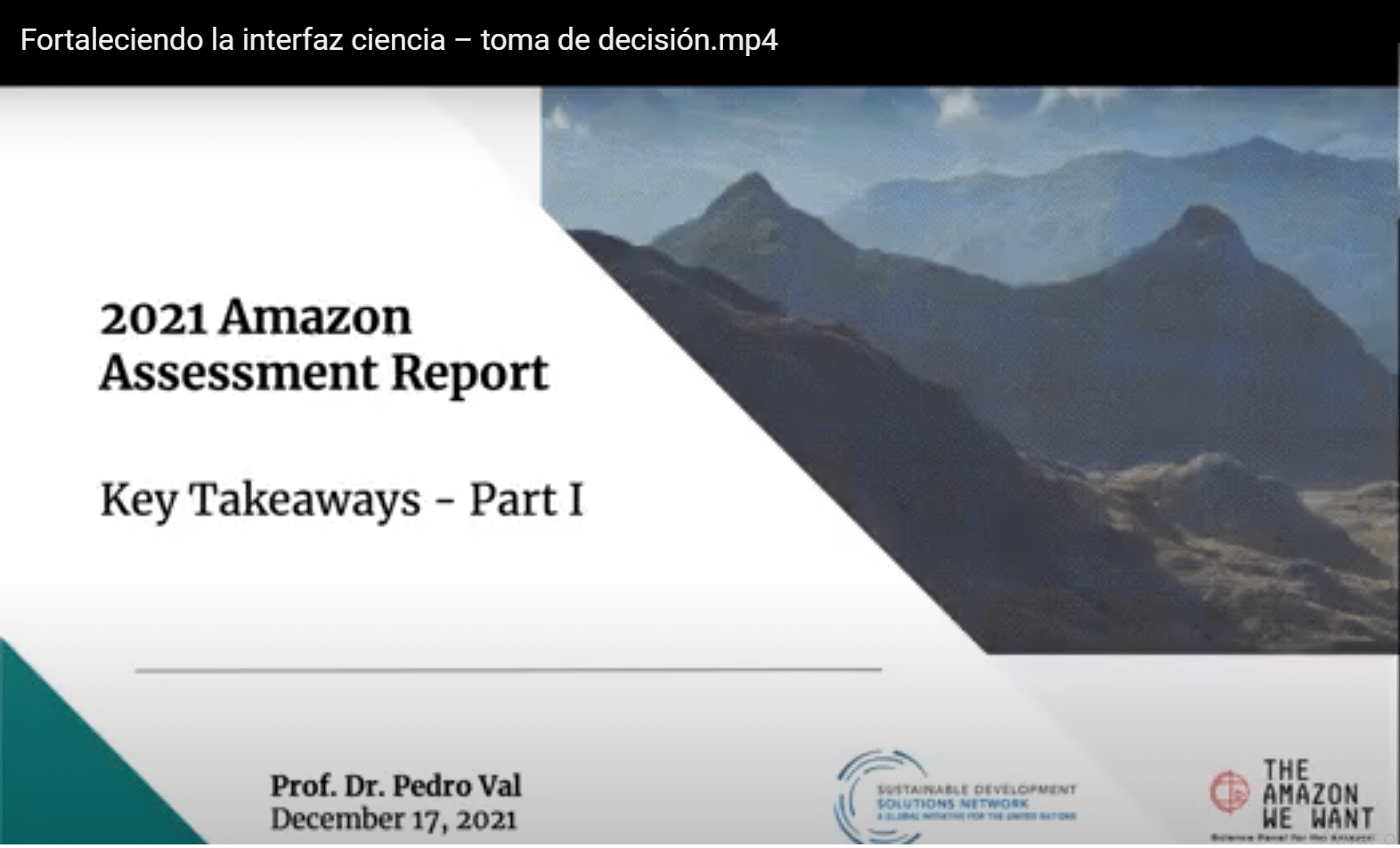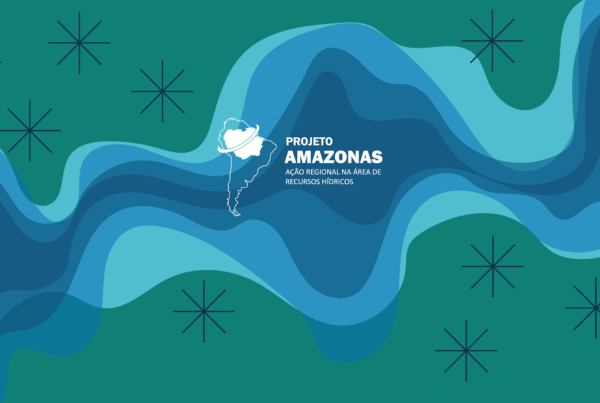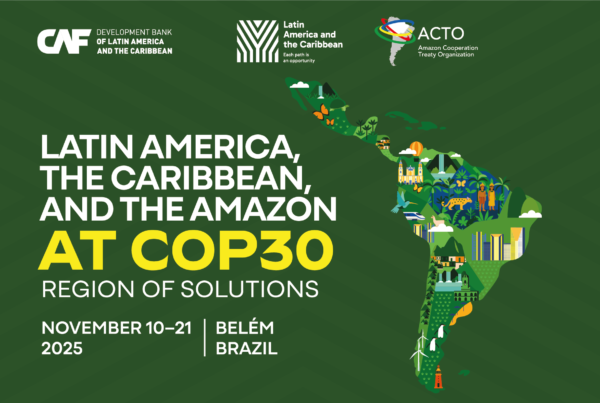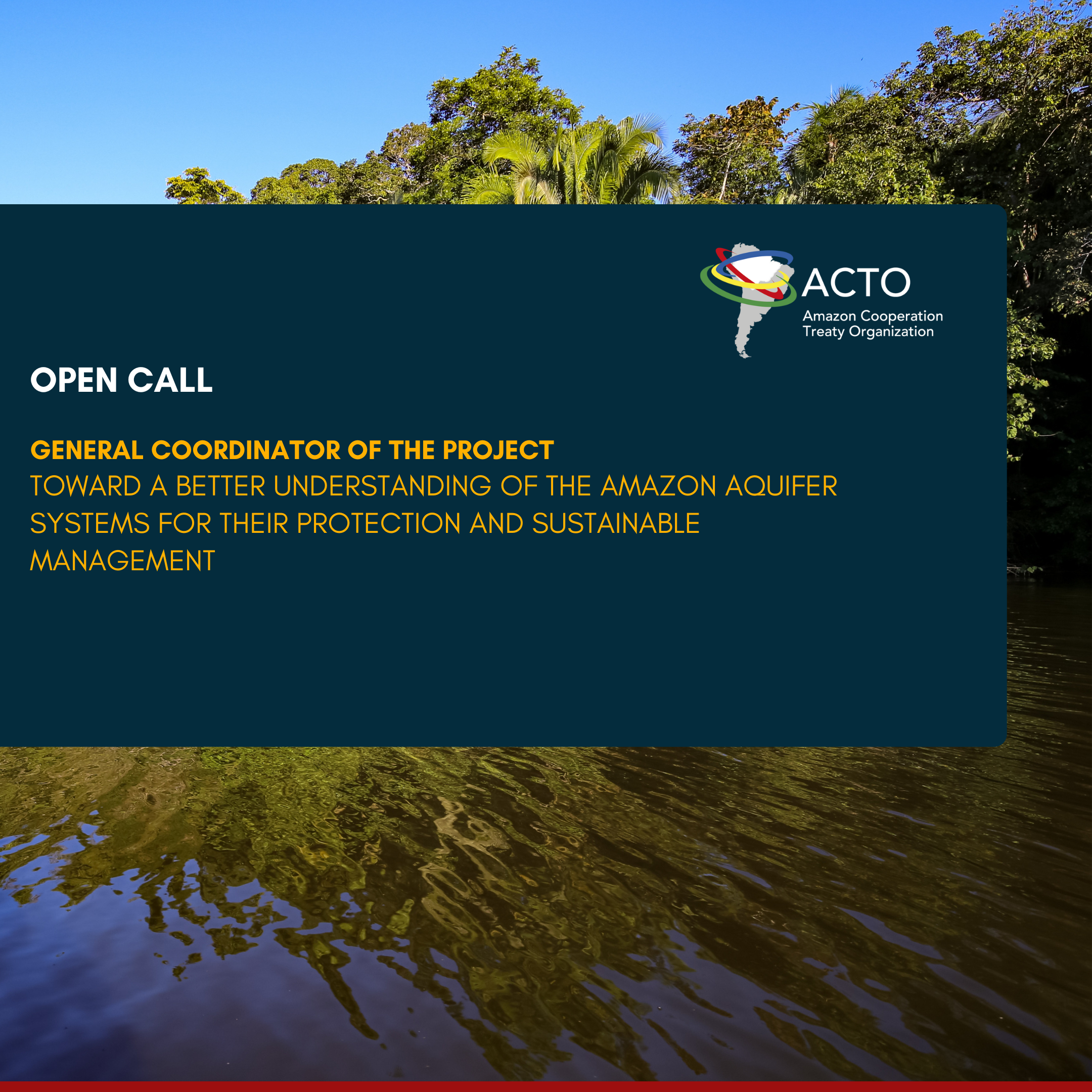The Amazon Assessment Report, organized by the Science Panel for the Amazon (PCA) and presented during COP 26 on Climate Change, was the central theme of the virtual workshop held by the Amazon Cooperation Treaty Organization with representatives of the Member Countries. The High-Level Workshop: Strengthening the science – decision-making interface, held on December 17, aimed at presenting results and recommendations of the aforementioned report, which will benefit the management of biodiversity in the Amazon Region.
Alexandra Moreira, Secretary General of ACTO, welcomed the delegations of ACTO Member Countries and scientists attending the event. Moreira stressed that the environmental change scenarios for the Amazon, which had been planned for after 2050, must be finalized before this year. “This decade is essential to carry out actions in a global context, but also in a regional context, for a much more sustainable management of our natural resources,” she said.
The Secretary General recalled the need to generate, in the Amazon Region, more accurate data to help the States make decisions, but also to generate more accessible official information that is closer to Amazonian realities. She completed her intervention by mentioning, among others, the evaluation of the Americas, in the context of IPBES, and the national evaluations of Brazil and Colombia. “We have just published the first Atlas of Hydroclimatic Vulnerability of the Amazon, and we are in the process of preparing the first rapid assessment of biological diversity and ecosystem services with the IPEBS methodology”, she said.
For her part, researcher Emma Torres spoke on behalf of the Science Panel for the Amazon (PCA) and the United Nations Sustainable Development Solutions Network (UNSDSN). The Science Panel has the active participation of more than 200 scientists of recognized experience at the regional and international level, who conducted research works and findings of scientific information. “This [the Amazon] is an ecosystem that must be managed and discovered regionally. I am convinced of the importance of the Amazon Cooperation Treaty. I especially want to highlight the importance of science, technology, and innovation for our region and the need to build a research and development agenda that will promote the conservation of the region”, said Torres.
The report was immediately presented by scientists Pedro Val, from the University of Ouro Preto, in Brazil; Simone Athayde, from Florida International University, United States; Carmen Josse, from Ecociencia Ecuador; Erika Berenguer, from the University of Oxford, UK. The recommendations of the Report were presented by Mariela Peña-Claros, from the University of Waninguen, the Netherlands; and Joice Ferreira, a researcher at Embrapa Amazonia Oriental, Brazil, who presented the conclusions of the bioeconomy chapter.



